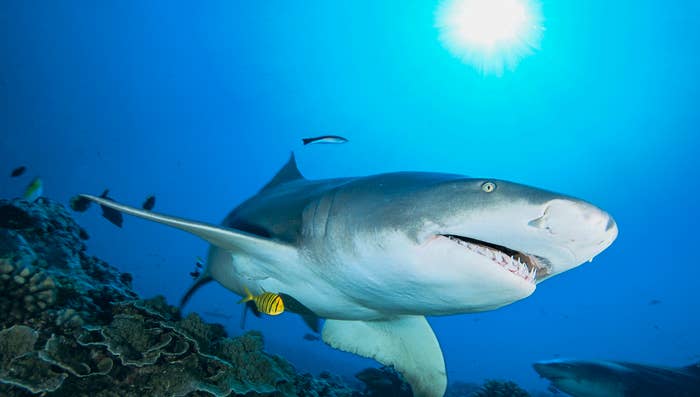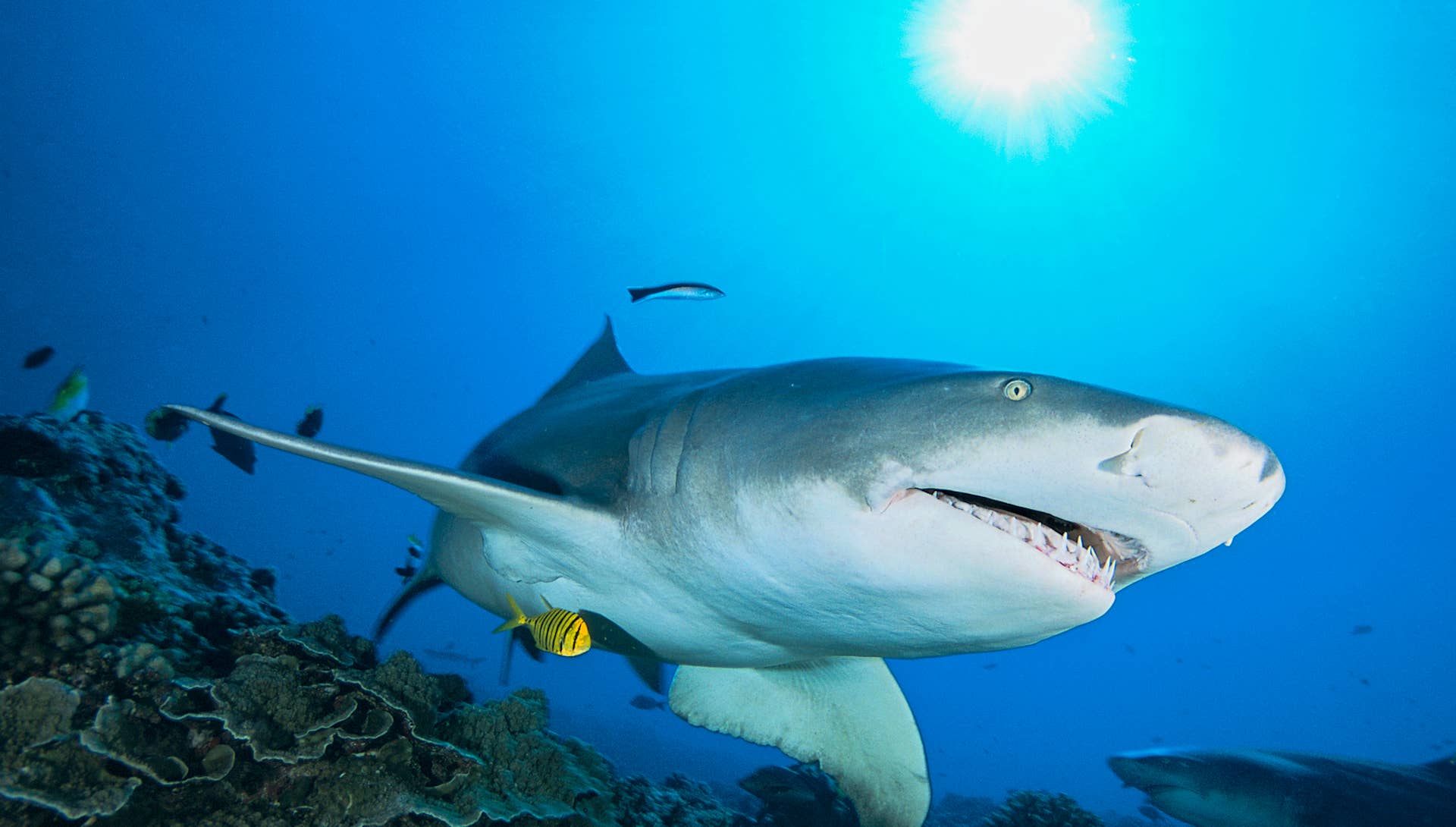
Marine experts in Australia are advocating for a shift away from describing encounters between sharks and humans as “attacks.”
The Sydney Morning Herald reports authorities have suggested that violent run-ins with sharks be described in more neutral words, such as “interactions.” Others have suggested swapping in the terms “negative encounters,” “incidents,” or simply “bites.”
A change in language matters “because it helps dispel inherent assumptions that sharks are ravenous, mindless man-eating monsters,” said Dr. Leonardo Guida, a shark researcher at the Australian Marine Conservation Society.
Researchers such as Christopher Pepin-Neff from the University of Sydney say such encounters were dubbed locally as “shark accidents” prior to the 1930s when prominent Sydney surgeon Victor Coppleson began calling them “attacks.”
“‘Shark attack’ is a lie,” said Pepin-Neff, who argued that a majority of what people call “attacks” are merely nips and minor injuries from smaller sharks.
“Sharks don’t have hands so, if they want to explore something, they mouth it,” said Nathan Hart, an associate professor at Macquarie University. “Very rarely are humans consumed by sharks.”
The change in language has already been adopted by government agencies including the Department of Primary Industries in New South Wales (NSW DPI), which has worked with the shark-survivors support group Bite Club to identify more sensitive vocabulary to describe a shark situation.
“NSW DPI is respectful that each incident is best described by the individual involved,” a spokeswoman said. “DPI generally refers to ‘incidents’ or ‘interactions’ in our formal shark reporting.”
The terminology can be especially important as words such as “attacks” prompt people to demand culls of what are already often protected animals. Shark numbers are globally in decline because of over-fishing, pollution, and the increasing impacts of climate change, including around Australia.
“The worst thing we want is people killing a lot of sharks,” Professor Hart said.

